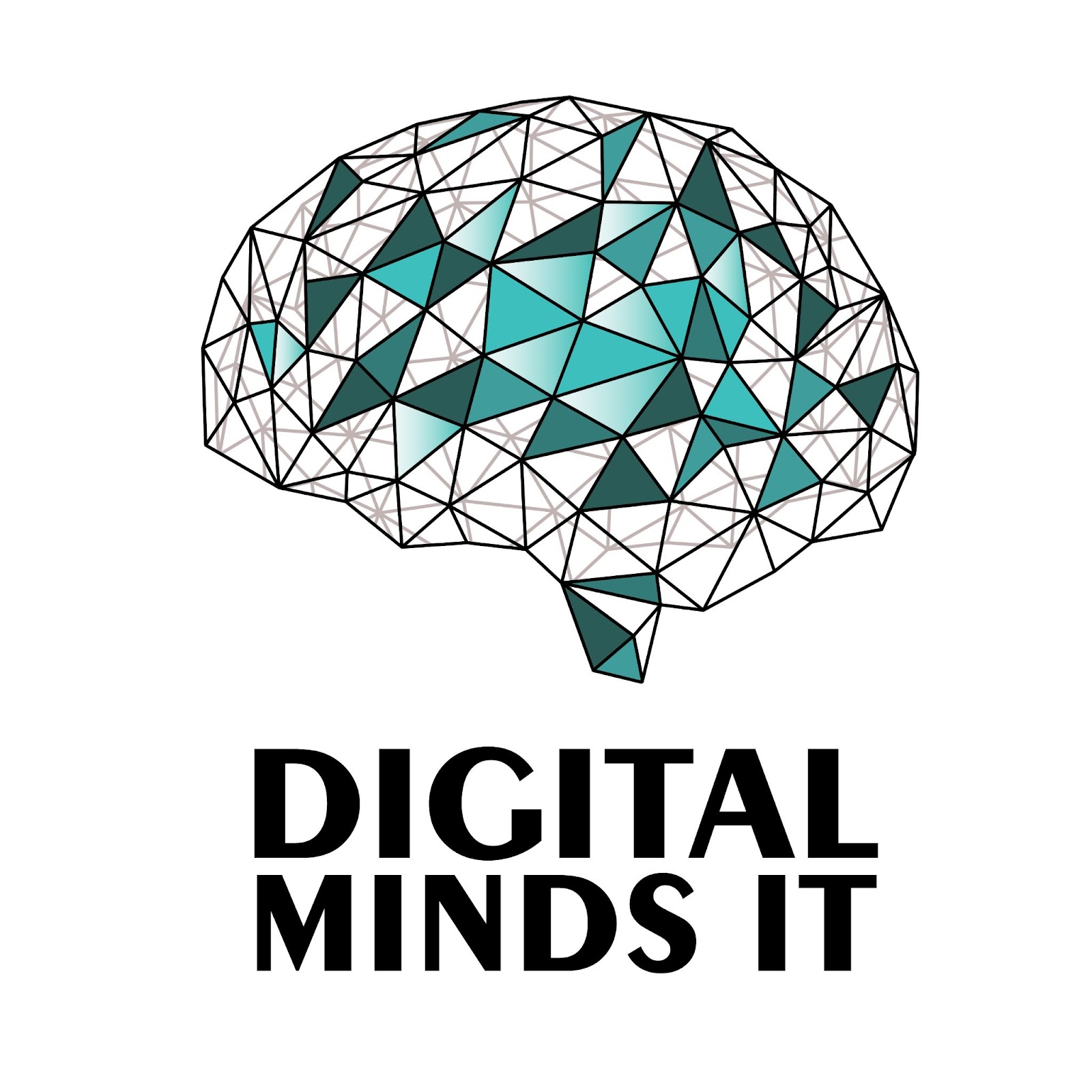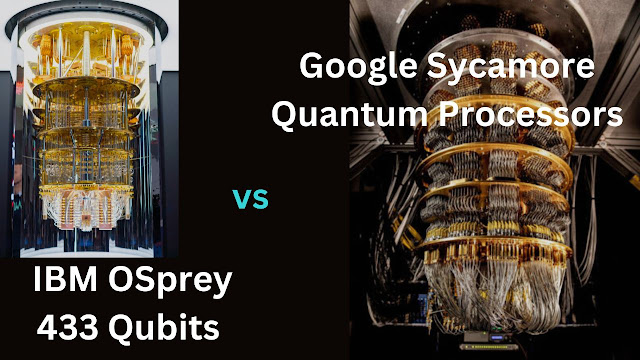A fascinating competition is heating up in the fast lane of contemporary technology, which is gaining momentum. IBM's whiz-kid, the OSprey 433 Qubits, and Google's juggernaut, the Sycamore Quantum Processors, are competing against one another in this battle of the Titans. Both of them are outstanding examples of technological accomplishment, and we can't wait to find out what sets one of them apart from the other in its own particular way.
The OSprey 433 Qubits is IBM's Big Play at the Moment.
The first company on the agenda is IBM, a true powerhouse in the field of technology that is renowned for the cutting-edge gizmos and devices it has developed. The OSprey 433 Qubits are their most recent and greatest prize possession. One way to think of it is as a type of supermind that is designed to solve even the most challenging mathematical conundrums with the same ease as a hot knife through butter.
In addition, IBM provides a handy application that they refer to as the Quantum Experience. Imagine it as a global playground where smart people from all over the world can collaborate, explore with IBM's technology, and quickly come up with new ideas and applications.
The Sycamore Quantum Processor is Google's Power Play in the Industry.
The Sycamore Quantum Processor developed by Google is the next in line. The "quantum supremacy" platform is what powers this colossus of the IT industry. It is built to handle enormous and complicated environments, and it can even outrun existing supercomputers, leaving them in its digital dust as a result of its superior performance.
The AI Quantum team at Google is comprised of highly intelligent individuals who are always working to improve Sycamore Quantum Processor's capabilities. These individuals are always on the case. Another useful tool offered by Google is referred to as Cirq. It is a digital workshop in which programmers may construct, modify, and launch quantum circuits, which helps to accelerate the invention process.
How do the Quantum Processors of IBM and Google Compare to One Another?
Now, let's place these two things next to one other and see what we discover:
Quantity of Qubits and Their Interrelationships
Even if IBM's OSprey 433 Qubits has a greater total number of Qubits, this does not necessarily make it the superior product. The Google Sycamore Processor makes use of a clever configuration, which often contributes to its operating with increased efficiency. It is not always about having the most tools in the shed, but how expertly you utilize the ones you do have, which brings to mind an age-old piece of advice that we are reminded of by this.
Ease of Use as well as Instructions on How to Obtain Them
Both IBM and Google have their own platforms that allow people to access and use their quantum processors. These platforms provide valuable resources for developers worldwide and promote the global advancement of quantum technology.
The Dominion of the Quantum
The achievement of 'quantum supremacy' by Google's Sycamore processor was just revealed. This indicates that it is capable of solving issues that would need conventional computers an unacceptable amount of time to resolve. On the other hand, IBM is concentrating on achieving a 'quantum edge' with its OSprey 433 Qubits. Finding useful applications for quantum computers that can be used to address issues in the real world is the primary focus of this research.
Keeping an Eye on the Future
Both IBM's OSprey 433 Qubits and Google's Sycamore Quantum Processor are truly spectacular tech marvels. As we step forward into what's to come, you can bet that IBM and Google will keep throwing us pleasant surprises with more incredible progress. Quantum computing is poised to flip the script, revamping how we handle complex math problems and reshaping our grasp of quantum physics.
We are going to find it quite interesting to keep an eye on this exciting competition between two digital giants who are attempting to push the boundaries of what is now achievable.
Read more: The Highly Anticipated Quantum Processor from IBM
Read more: Revolutionizing Technology: The Best Quantum Computer Unraveled
Read more: Top 10 Disadvantages of Quantum Computing





0 Comments